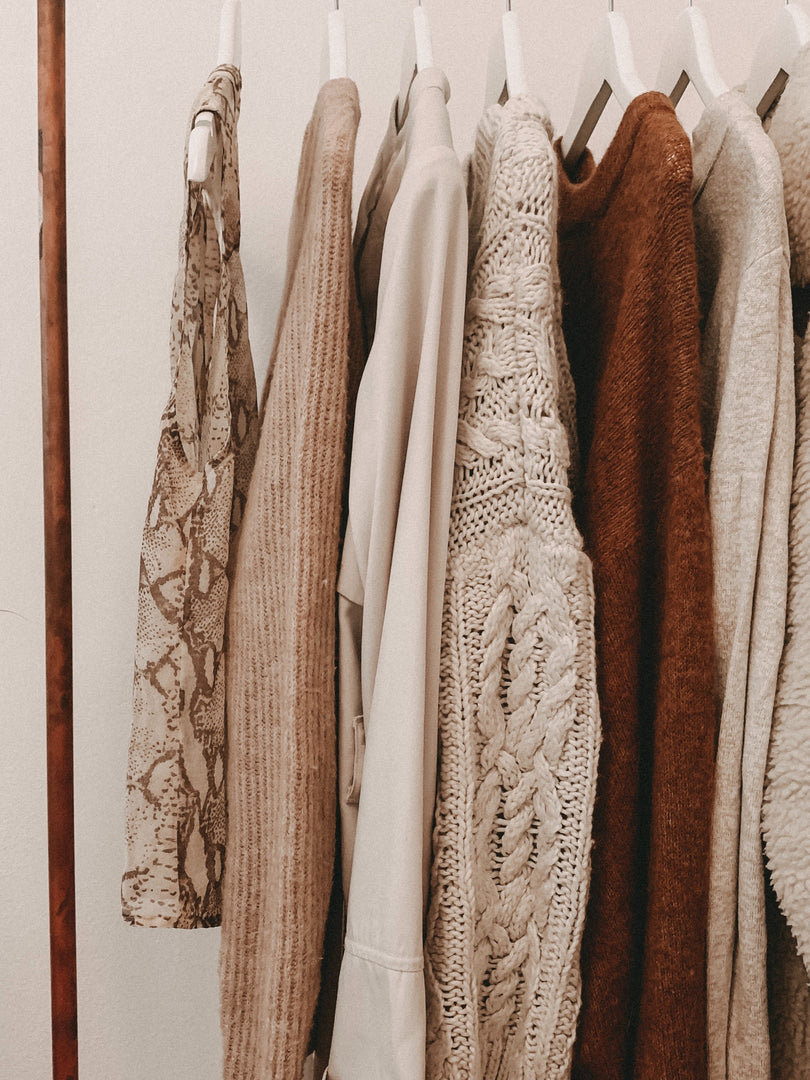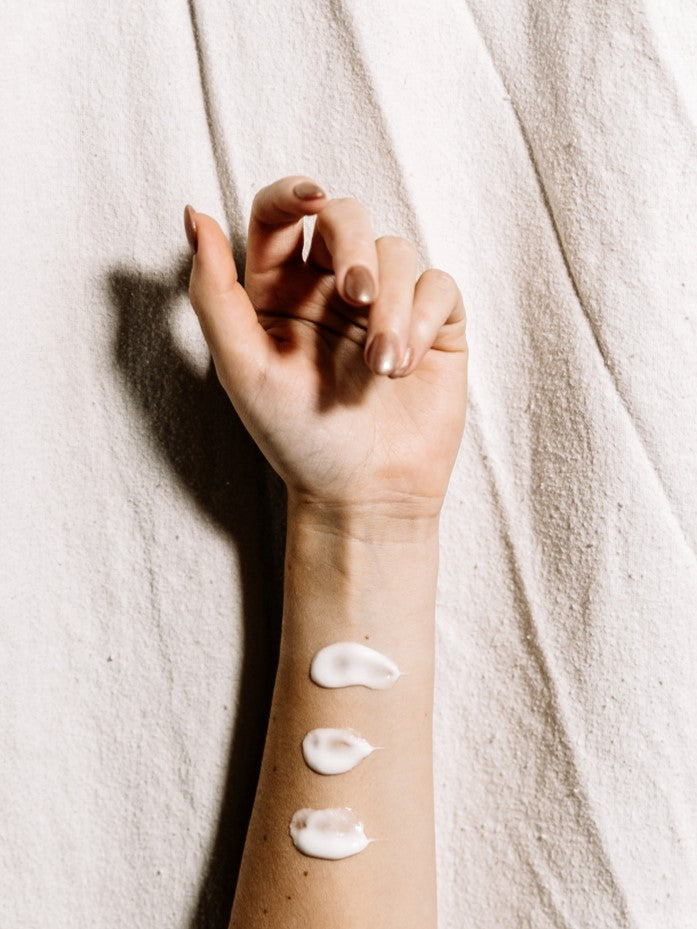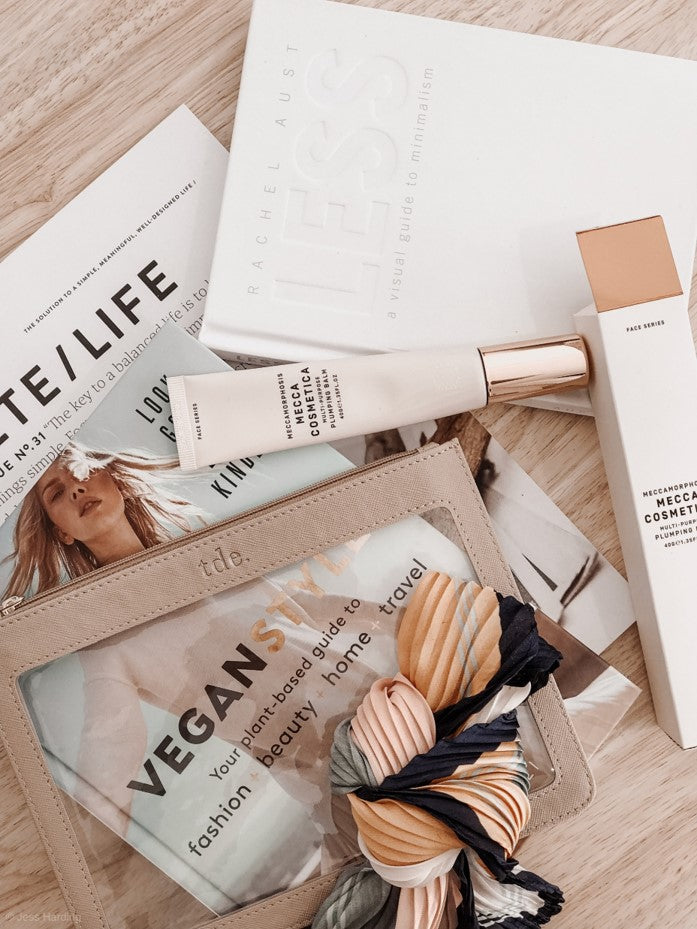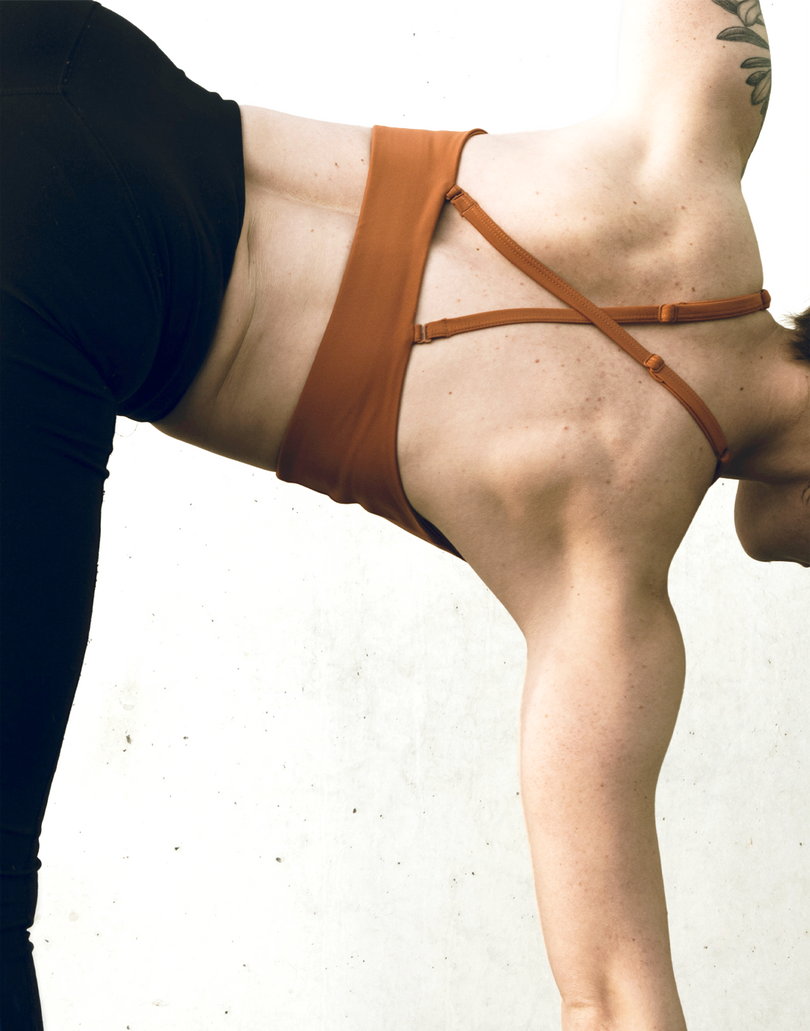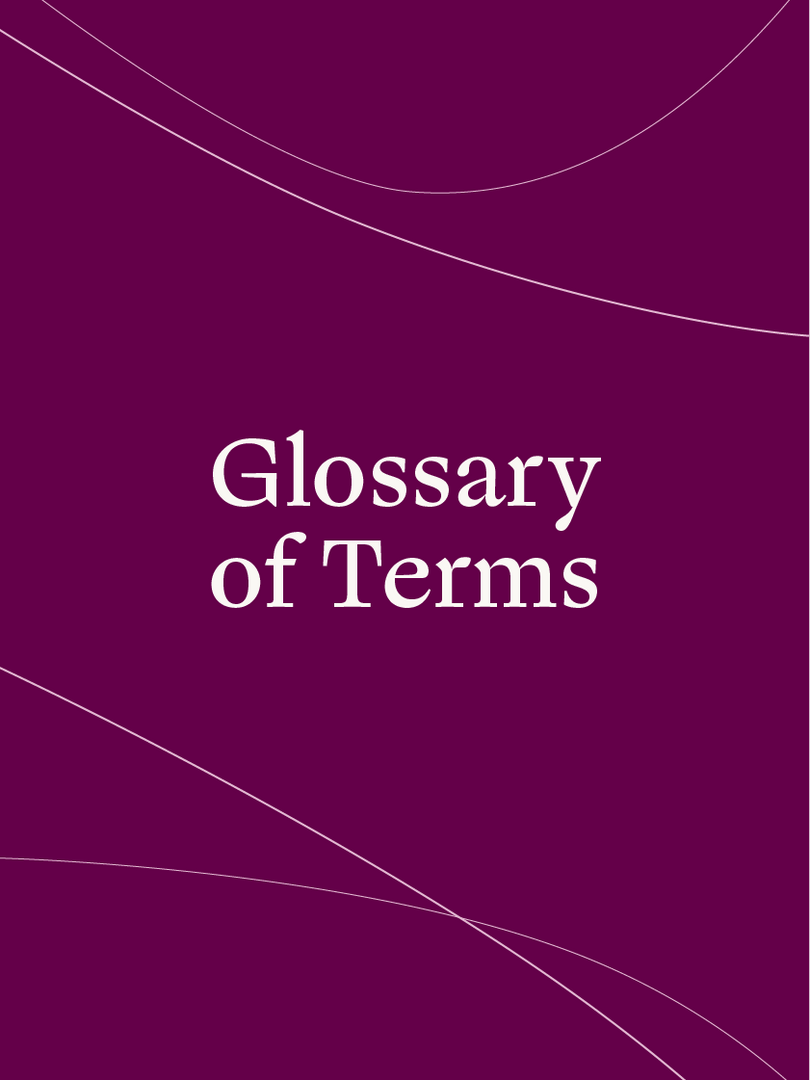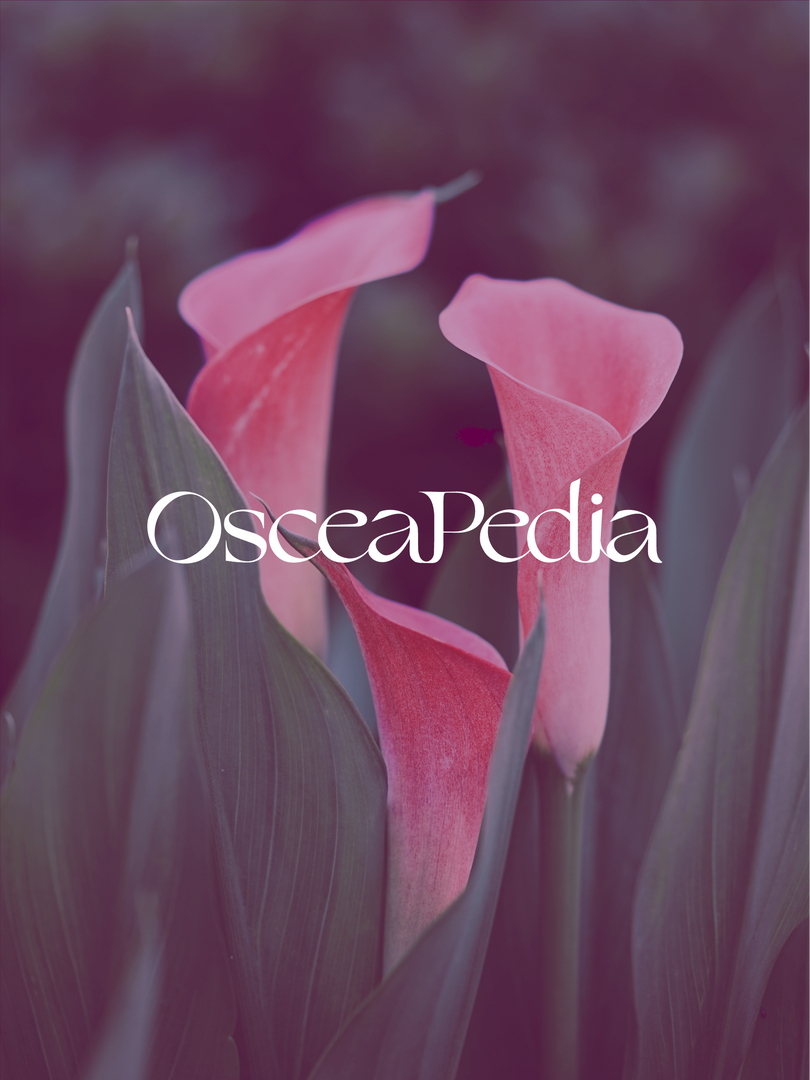According to the research from the Ellen MacArthur Foundation, every single second an amount of clothing items equivalent to a full garbage truck is incinerated or dumped into our landfills, releasing toxic chemicals into our environment and contributing to global warming. The idea of destroying or discarding merchandise is particularly pertinent when it comes to luxury items like handbags. In 2018, Burberry came under fire for burning 38 million dollars of unsold merchandise rather than donating or repurposing it. Though the company has since renounced the practice, burning merchandise is an alarmingly common practice in the luxury industry, as companies seem to do just about anything to maintain their exclusivity and avoid discounting their items—even putting our environment and health at dire risk. Fortunately, by encouraging a circular economy, pre-loved handbags offer a way for you to combat overproduction and waste while still allowing you to sport the coveted handbag that your heart desires.
What are the environmental concerns surrounding luxury handbags and the fashion industry at large?
The fashion industry has overproduction and overconsumption issues, and they are significant. Global clothing production has skyrocketed over the years, jumping from 1.4 million tons in 1960 to a whopping 13 million tons in 2018. This massive amount of production is not without a price—according to the United Nation Environment Programme, the fashion industry contributes anywhere from 2 to 8 percent of all carbon dioxide emissions. Consumers are also buying more fashion items than they used to, but they are discarding them after a much shorter amount of time. Coupled with the excess supply, this means that the fashion industry sends an increasing number of fashion pieces to incinerators and landfills where they pollute our environment for years to come. To make matters worse, common handbag materials such as leather and nylon are energy-intensive and water-intensive materials (in the case of leather, nylon is a bit better on this front) and emit large amounts of carbon dioxide into the atmosphere. Despite being heralded as the more environmentally-friendly option, vegan leather often brings a host of environmental concerns of its own, as it is typically made of plastics and is thus energy-intensive, non-biodegradable, and a contributor to micro-plastic pollution. Like typical vegan leather compositions, many of the other common materials are non-biodegradable and will take many years to decompose. Even leather, though natural and biodegradable when unprocessed, can take up to 50 years to biodegrade due to the chemicals used during the treating process.
How does a circular fashion economy offer an environmental solution, and how do pre-loved handbags help?
Our traditional fashion economy goes something like this: we buy a bag, we use it a handful of times, we throw it out, and it sits in our landfills, polluting our environment for many years to come. In contrast, the circular economy seeks to eliminate waste and keep products in use for as long as possible. An important piece for this circular economy vision is pre-owned goods, such as pre-owned handbags. By buying pre-loved handbags, you are discouraging the production of more hand-bags (aka more waste!) and you are extending the life-cycle of this particular piece so it doesn’t get fast-tracked to the landfills.
Powered by Impact of Fashion’s environmental impact quantification algorithm, Farfetch, a luxury bag reseller, has created several helpful tools that leverage their own research into the environmental impact of making a purchase on their site. Using their pre-owned tool, you can estimate the impact of buying pre-loved fashion pieces, including leather bags. This tool reveals that one pre-owned leather bag purchase saves 19.6 kg of carbon dioxide emissions, 0.1㎥ of water, and .7kg of waste. One cool feature that you can see using Farfetch’s tool is a translation of these stats into different, often more tangible, terms. For instance, the 19.6 kg of carbon dioxide you are saving is equivalent to 2 trees’ annual carbon dioxide absorption levels; that’s pretty good for a single bag purchase. When you purchase a pre-loved handbag, you are part of a larger positive effort to reduce carbon dioxide emissions and to minimize resource use. To get a larger picture of the total environmental impact that one reseller brand makes, it is helpful to look towards TheRealReal, the largest luxury reseller marketplace. As of March 31, 2022, the reseller reports that they have saved 52,767 metric tons of carbon dioxide emissions and 2.8 billion liters of water—that’s equivalent to 8.8 million trees’ annual carbon dioxide absorption levels and 12 billion 8 oz glasses of water.
Since you aren’t supporting the creation of a new product when you are buying a preowned bag, you might not feel as inclined to scrutinize the manufacturing history of your pre-loved bag as carefully as you do when you are purchasing a new item. However, it is important to examine the packaging materials of the bag reseller, as this is a possible source of waste. The most sustainable packaging option is minimal and made from compostable materials. If a material is compostable, it is also biodegradable, but the opposite is not necessarily true, so always approach brand’s packaging materials with a critical eye to avoid falling victim to greenwashing. While not as great as compostable or biodegradable materials, recycled packaging is another option that is often more sustainable than its traditional virgin material packaging alternatives. In the case of recycled packaging, it is useful to look out for the Forest Stewardship Council label as this certifies that the cardboard used was sustainably-sourced. Another area to examine when picking your bag reseller is the company's shipping policies to ensure that the company is not using an excessive amount of energy and emitting large amounts of CO2 into the environment. A good indicator that a company is being responsible with their shipping can be seen when that company is carbon neutral or carbon positive; these certifications mean that a company completely offsets their carbon emissions, and in the case of carbon positive companies, actually absorbs more carbon dioxide than it emits. Aside from shipping policies, it might be beneficial to inquire about a pre-loved handbag seller’s dry cleaning policies as this is an area where toxic chemicals can sneak in—PERC is one toxic chemical that is often used in dry cleaning.
While buying pre-loved handbags is a sustainable way to buy, it should be recognized that the underlying product you are buying might present ethical issues that you’re still not completely comfortable with. For instance, even though you are prolonging the life of an existing product and not promoting its creation, you might still want to personally refrain from buying a leather bag; in this case, brands like Stella McCartney, with their 100% vegan bags, are a great option. More generally, in any case when you have these kinds of individualized concerns, it is useful to explore the individual bag brands deeper, so you can find a pre-loved handbag that matches your values.
No matter your price point, ethical guidelines, and style preferences, there is sure to be a perfect pre-loved bag out there for you. Let’s make the linear fashion economy a thing of the past by choosing to buy pre-owned next time we’re in the market for a new handbag.
Here are 4 bag resellers that you can shop to minimize your carbon footprint and to promote fashion circularity.
1. The RealReal

Photo Credit: therealreal.com
The largest luxury reseller, The RealReal offers an incredible section of authenticated pre-owned bags ranging from modern treasures like Telfar to eternal classics like Chanel. The RealReal’s approach to sustainability can be summed up by these three words: Resell, Revive, Reimagine. Through reselling, upcycling, and productive brand partnerships, The RealReal is paving the way for a more circular and sustainable feature. From their participation in the UN Climate Change Charter to their partnership with One Tree Planted, The RealReal’s sustainability efforts are numerous, and the company achieved carbon neutrality in 2020. One perk of The Real Real is that they have a wide array of pre-loved handbags across many budgets.
2. Vestiaire Collective

Photo Credit: us.vestiairecollective.com
An impressive accomplishment, Vestiaire Collective prides itself on being the first fashion reseller to achieve B Corp status, meaning their operations are held to high ethical and environmental standards. Vestiaire Collective fights for a more sustainable and circular industry through active membership in organizations like the UN Fashion Alliance and the Ellen MacArthur Foundation. Their range of pre-owned bags span the price board and come in a plethora of styles, so it’s easy to find just the right pre-loved handbag for you.
3. Luxury Promise

Photo Credit: luxurypromise.com
Committed to giving items a second life (or a third, or a fourth…), Luxury Promise repairs, restores, and re-homes beautiful designer handbags. Through their advanced artificial intelligence authentication process and triple quality check, the brand lives up to its name and seeks to promise luxury. Their sustainability efforts are commendable; through their partnership with Ecologi, Luxury Promise has planted 7809 trees and offset 248 tons of carbon dioxide to date. Since 2021, the brand has been working towards achieving carbon positivity. As far as the selection, the brand has a host of high-end luxury bag brands: Hermes, Gucci, and Prada, just to name a few.
4. Farfetch

Photo Credit: farfetch.com
Farfetch doesn’t just talk about sustainability, but rather follows through with measurable action to make their resale of pre-loved bags one of the most sustainable options you can make. Their business strategy, coined Positively Farfetch, is broken down into five specific goals to holistically achieve sustainability, Positively Cleaner, Positively Conscious, Positively Circular, Positively Inclusive, and Positively Changing, and the company has goals of achieving carbon positivity by 2030 through offsetting initiatives such as planting and protecting forests, using renewable energy in office spaces, and minimizing packaging. A mix of up-and-coming designers and tried-and-true favorites, Farfetch has an impressive roster of pre-loved bag brands.
Contributing to waste production, carbon emissions, and resource exploitation, new handbags are out of style, sustainability speaking. By opting for pre-loved handbags, you can help positively (and stylishly) forge a path towards a more circular, more sustainable fashion future.
Sources:
- https://doi.org/10.1038/s43017-020-0039-9
- https://goodonyou.eco/eco-friendly-packaging/
- https://www.businessinsider.com/burberry-burned-37-million-of-goods-to-protect-its-brand-2018-7
- https://ellenmacarthurfoundation.org/topics/fashion/overview
- https://cdn-static.farfetch-contents.com/Content/UP/editorial_assets/fashion-footprint-2021/Pre-owned_Research2020.pdf
- https://www.ncbi.nlm.nih.gov/pmc/articles/PMC7973082/
- https://www.unep.org/news-and-stories/press-release/un-alliance-sustainable-fashion-addresses-damage-fast-fashion
- https://www.mckinsey.com/business-functions/sustainability/our-insights/style-thats-sustainable-a-new-fast-fashion-formula


